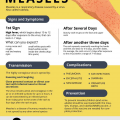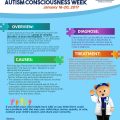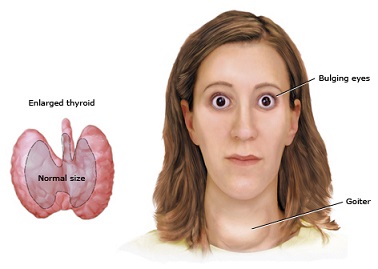INTELLECTUAL DISABILITY
An individual with mental retardation (MR) is best characterized as having both low to below-average thinking and reasoning skills as measured by a standardized intelligence test, and a limited ability to function in areas of daily life including communications, self-care, and social and interpersonal skills. A diagnosis of MR also requires that the condition occur in the developmental years, prior to age 18.
RISK FACTORS
This affects about 1%-3% of the population. Only 25% of the cases have a direct reason why intellectual disability is acquired. Here are some examples of the risk factors:
- Infections (before, during and after birth)
- Chromosomal abnormalities (syndromes)
- Environmental (e.g. radiation)
- Metabolic (e.g. hyperbilirubinemia)
- Malnutrition
- Toxins (intrauterine exposure to alcohol, cocaine, amphetamines and other drugs)
- Trauma (before or after birth)
GENERAL SYMPTOMS
The presenting symptoms and signs of MR/ID typically include cognitive skills delays, language delay, and delays in adaptive skills.
Language delay: One of the first signs of MR/ID – delays on expressive language (speech) and receptive language (understanding). Red flags include no mama/dada/babbling by 12 months, no 2-word phrases by age 2, and parents reporting they are concerned that the child may be deaf.
Fine motor/adaptive delay: Significant delays in activities such as self-feeding, toileting, and dressing. Prolonged, messy finger feeding and drooling are signs of oral-motor incoordination.
Cognitive delay: Difficulties with memory, problem-solving and logical reasoning.
Social delays: Display lack of interest in age-appropriate toys and delays in imaginative play and reciprocal play with age-matched peers. Rather than their chronological age, play reflects their developmental levels.
Gross motor: Subtle delays in gross motor acquisition, or clumsiness, may be identified in the developmental assessment.
BEHAVIORAL DISTURBANCES
More likely to have difficult temperaments, hyperactivity, disordered sleep, and colic. Associated behaviors may include aggression, self-injury, defiance, inattention, hyperactivity, sleep disturbances, and stereotypic behaviors.
SCREENING AND TREATMENT
Early identification of children with developmental delays is necessary to begin receiving early intervention services.
Screening tests are done first. The mainstay of treatment of is developing a comprehensive management plan for the conditions.
PREVENTION
Here are some ways to prevent intellectual disability:
- Genetic counseling and screening during pregnancy can help parents understand this disease.
- Nutritional programs can reduce malnutrition.
- Preventing exposure to chemicals and radiation.
- Avoiding exposure to infection (e.g. proper hand washing, food preparation)
Source: maxicare.com.ph



 (6 votes, average: 4.33 out of 5)
(6 votes, average: 4.33 out of 5)









